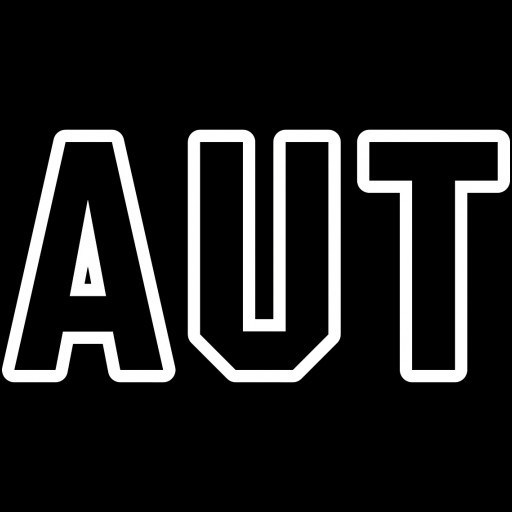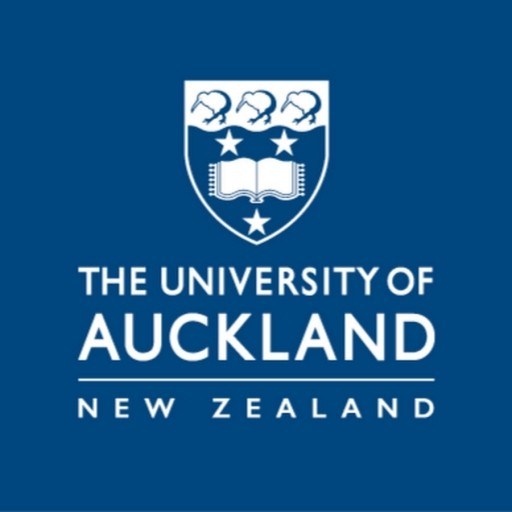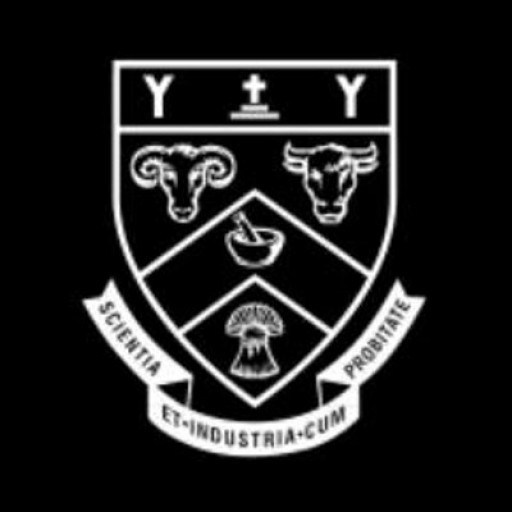Photos of university / #autuni
The Bachelor of Engineering at Auckland University of Technology offers a comprehensive and innovative education designed to prepare students for successful careers in the engineering industry. This program combines rigorous theoretical foundations with practical, hands-on experience, ensuring graduates are well-equipped to meet the challenges of modern engineering solutions. Throughout the course, students have the opportunity to specialize in various engineering disciplines, including mechanical, electrical, civil, and software engineering, allowing them to tailor their education to their interests and career aspirations.
The curriculum emphasizes problem-solving skills, critical thinking, and state-of-the-art technological knowledge, integrating project-based learning to develop real-world competencies. Students engage in collaborative projects, industry placements, and laboratory work, fostering teamwork and communication skills vital for professional success. The program also emphasizes sustainability, innovation, and ethical practice, preparing students to contribute responsibly to society’s technological advancement and environmental stewardship.
Delivered by experienced lecturers and industry experts, the Bachelor of Engineering at AUT is committed to providing a supportive learning environment that encourages creativity and professional growth. State-of-the-art facilities, laboratories, and industry connections enhance the educational experience, offering students opportunities to work on practical projects that simulate real engineering challenges. Graduates of this degree are prepared to pursue professional registration and diverse career paths across engineering sectors locally and internationally.
Whether students aim to develop cutting-edge technologies, improve infrastructure, or design sustainable systems, the Bachelor of Engineering at AUT provides a pathway to achieve these goals through a blend of academic excellence and practical experience. The program also supports innovation and entrepreneurship, empowering students with the skills needed to lead in an increasingly digital and environmentally conscious world. With a strong foundation in engineering principles and a focus on industry relevance, AUT’s Bachelor of Engineering prepares graduates to make meaningful contributions to society and advance their careers in a dynamic and evolving field.
Structure
Research Pathway
ENGE802 Engineering Research Methodology (15 points)
45 points from the list of engineering papers below
And 709004 Thesis (120 points)
Students in this pathway will focus on academic research, linking into one of the well established research centres within the school. An academic supervisor will be appointed to guide and direct you for the duration of the thesis. The research may be across various subjects or subject-specific depending on what you choose. Applicants admitted on the basis of a postgraduate diploma or honours degree who have completed a Research Methods paper may be permitted to enrol directly into the thesis.
Research areas include:
- Adaptive signal processing and classification.
- Aerospace materials
- Biomedical technologies
- Cardiovascular diagnostics
- Computer engineering
- Construction management
- Electronics
- Engines and vehicles
- Image processing
- Industrial optimisation, modelling and control
- Lung supportive devices
- Lung therapy
- Materials and manufacturing technologies
- Power and energy engineering
- Robotics/Mechatronics
- Telecommunications
- Wireless sensor network and cloud services
Research in engineering
Coursework Pathway
ENGE802 Engineering Research Methodology (15 points)
105 points from the list of engineering papers below
And ENGE997 Research Project (60 points)
General Papers
ENEL803 Electrical Design and Protection (15 points)
ENGE800 Engineering Numerical Techniques and Statistical Analysis (15 points)
ENGE801 Advanced Engineering Mathematics (15 points)
ENGE803 Innovation Management (15 points)
ENGE804 Advancements in Solar Energy (15 points)
ENGE807 Selected Topics in System Modelling (15 points)
ENGE808 Advanced Measuring Systems (15 points)
Computer Engineering/Biomedical Technology
738029 Real Time Systems (15 points)
738030 Embedded Software Engineering (15 points)
ENEL808 Computer Vision (15 points)
Telecommunications Engineering
739000 Intelligent Systems (30 points)
739001 Wireless Sensor Networks (30 points)
Power/Energy System Engineering
738022 Optimal Control (15 points)
ENEL804 Sustainable Energy Systems (15 points)
ENEL805 Power System Protection (15 points)
Manufacturing/ Materials Technologies/ Mechanical
768002 Advanced Manufacturing Technology (15 points)
768007 Selected Topics in Materials (30 points)
768015 Computer-Aided Engineering and Analysis (30 points)
ENME800 Robotics and Automation (15 points)
ENME806 Biomedical Thermofluids Modelling (15 points)
Entry requirements
One of the following (or equivalent) with a B grade average or higher in the final year of study:
(a) the Bachelor of Engineering (Honours) or
(b) the Postgraduate Diploma in Engineering
(c) the Bachelor of Engineering Technology
Applicants to the research pathway are also required to submit a Postgraduate Research Proposal (PGR1 form) before enrolling in the thesis.
Guidelines to entry
Funding for engineering studies at Auckland University of Technology can be obtained through various channels, including government grants, scholarships, student loans, and work-study options. The New Zealand government provides financial assistance to eligible domestic students via StudyLink, which offers student loans and allowances to support tuition fees and living costs. International students are usually responsible for covering their tuition fees through private payments or scholarships, as government funding is limited for non-residents.
AUT offers a range of scholarships specifically geared towards engineering students, such as the AUT Engineering Scholarships, which aim to support talented students in covering tuition fees and other related costs. Eligibility criteria typically include academic achievement, practical experience, and sometimes financial need. Additionally, some scholarships are awarded based on merit, leadership qualities, or industry partnerships, providing opportunities for students to lessen their financial burdens during their course of study.
Students may also explore external funding options, including scholarships offered by industry partners, professional engineering associations, and government programs focused on fostering STEM education. Many students combine part-time work with their studies to finance their education, supported by flexible timetable structures offered by AUT’s engineering programmes.
For international students, tuition fees are paid directly to AUT, and budgeting for costs such as health insurance, accommodation, and living expenses is essential. While students are encouraged to seek external funding sources, opportunities for financial assistance are somewhat limited compared to domestic students, making careful financial planning important.
In summary, financing engineering studies at AUT involves a mixture of government funding, scholarships, private funding, and personal income. The university actively supports students in accessing financial resources that suit their individual needs, making engineering education more accessible. Students are advised to consult AUT’s official scholarship and financial aid pages regularly for the latest opportunities and eligibility details, ensuring they can maximize available funding options throughout their studies.
Study abroad fees at AUT University: what you'll pay
2016 fees per semester in NZ dollars
- Tuition fee for Study Abroad: NZ$12,500 per semester
- Enrolment fee: NZ$150
- Learner services levy: NZ$320.08 per 60 points
- Placement fee (internship option only): NZ$800
- AUT Insurance Premium: NZ$294.50 per semester
Other compulsory fees (in addition to tuition fees)
- 2016 Compulsory Student Services Fee - $573.30 for 120 points or $4.77 per academic point (GST incl)
- 2016 Building Levy- $66.85 for 120 points or $0.56 per academic point (GST incl)



